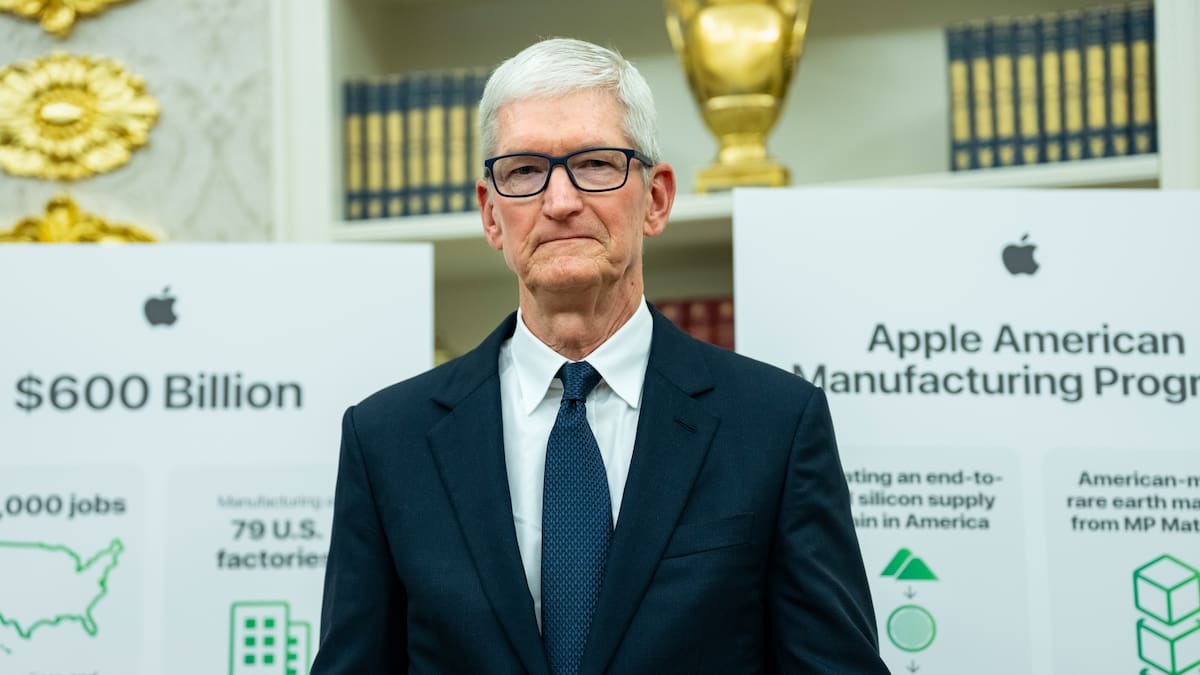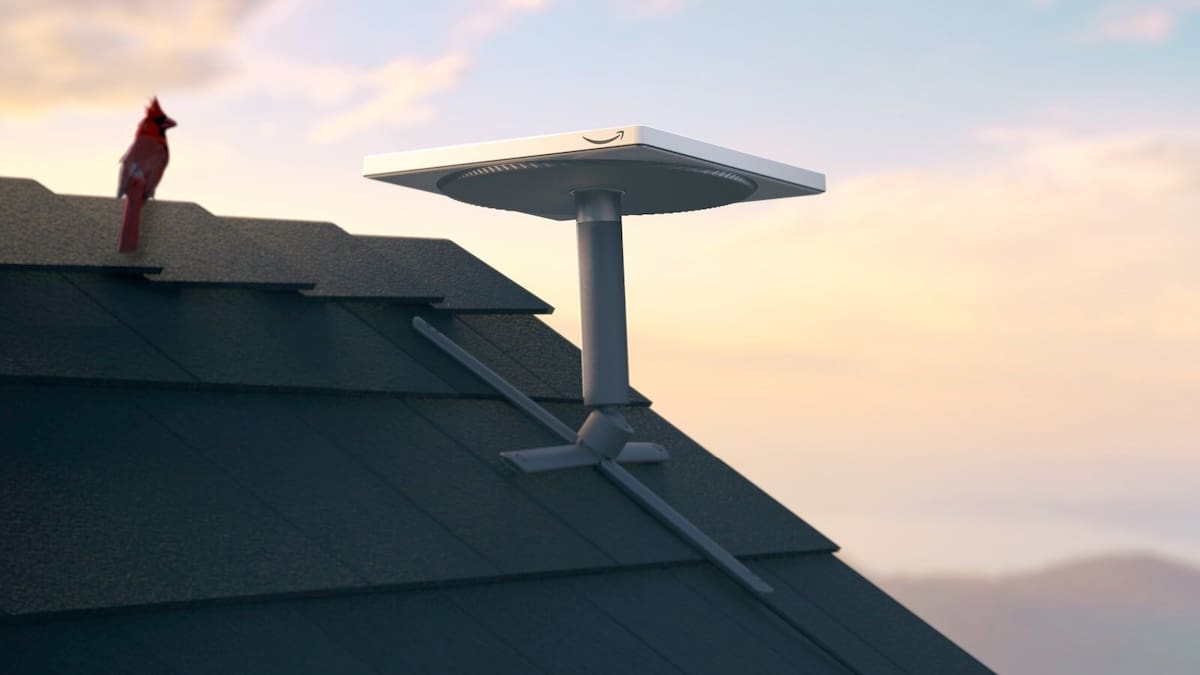It said Neutron’s launch complex in Virginia would be finished during the third quarter.
It would make an “all-out effort to get Neutron to the launch pad before the end of 2025.”
Rocket Lab will charge US$50m to US$550m for a Neutron. which will be able to carry a 13-tonne payload (including crew) into orbit, undercutting SpaceX’s Falcon 9 (which has a 16-tonne payload capacity). Rocket Lab charges around US$7.5m for its smaller Electron rocket today.
Launch Complex 3 is almost complete and on track for its official opening next month 🏗️ Our team in Virginia is deep into launch pad activation, going system by system to prepare for test operations once flight hardware arrives ahead of Neutron’s first launch. pic.twitter.com/6aqwVkCKw7
— Rocket Lab (@RocketLab) July 24, 2025
The firm also recently posted a video of a successful “hot fire” test of one of the “Archimedes” engines that will power Neutron.
Archimedes full mission duration hot fire. Enjoy. pic.twitter.com/jF3I3zDM9G
— Rocket Lab (@RocketLab) August 7, 2025
Rocket Lab’s Nasdaq-listed shares are up 865% over the past year on the promise of Neutron and, more recently, SpaceX chief executive Elon Musk falling out with US President Donald Trump.
The stock closed at US$44.21 today for a market value of US$21.2 billion.
Forbes’ real-time net worth tracker puts founder and chief executive Sir Peter Beck’s wealth at US$2.3b ($3.9b).
But the gains are also being spread around.
When Rocket Lab began its bull run midway through last year, Sharesies said around 20,000 Kiwis owned shares in the firm through its fractional ownership platform.
Last month, co-founder Leighton Roberts said the number has hit 32,000.
The average buy price in the volatile stock was US$12.76, Roberts said.
Golden Dome opportunity
Space systems, including satellite components made in Auckland, brought in US$97.9m of the US$144.5m in total revenues for the second quarter.
Rocket Lab is set to further diversify its revenue away from launches. The second quarter saw Rocket Lab close a deal to buy Arizona firm Geost for US$275m – a maker of electro-optical and infrared sensors used in missile warning, tracking, and space domain awareness.
The Geost acquisition took Rocket Lab’s total headcount to “2600+”, the firm said in its investor presentation today. Around 750 are in NZ.
The presentation said “Space-based sensors for missile defense with Geost” were a “golden opportunity” in a nod to the “Golden Dome” missile defence system proposed for the US by President Donald Trump.
Trump has only loosely defined the project, but has said it will involve a multibillion-dollar budget and recently made his first appointment to the programme, General Mike Guetlein to lead the Office of the Golden Dome.
It was an honor to host Gen. Stephen Whiting, Commander of U.S. Space Command, for a recent tour of the production line for our Electron and HASTE launch vehicles. We’re proud to support both national security and commercial missions with responsive launch, innovative… pic.twitter.com/itz1Vixf2z
— Rocket Lab (@RocketLab) July 9, 2025
Beck has increasingly front-footed his firm’s growing defence business. On July 10, Rocket Lab posted photos of its CEO hosting General Stephen Whiting, Commander of the US Department of Defense’s Space Command. Whiting visited New Zealand in the last week of June with an itinerary that included a meeting with Space Minister Judith Collins and NZDF Chief of Defence Force Air Marshal Tony Davies.
Chris Keall is an Auckland-based member of the Herald’s business team. He joined the Herald in 2018 and is the technology editor and a senior business writer.






